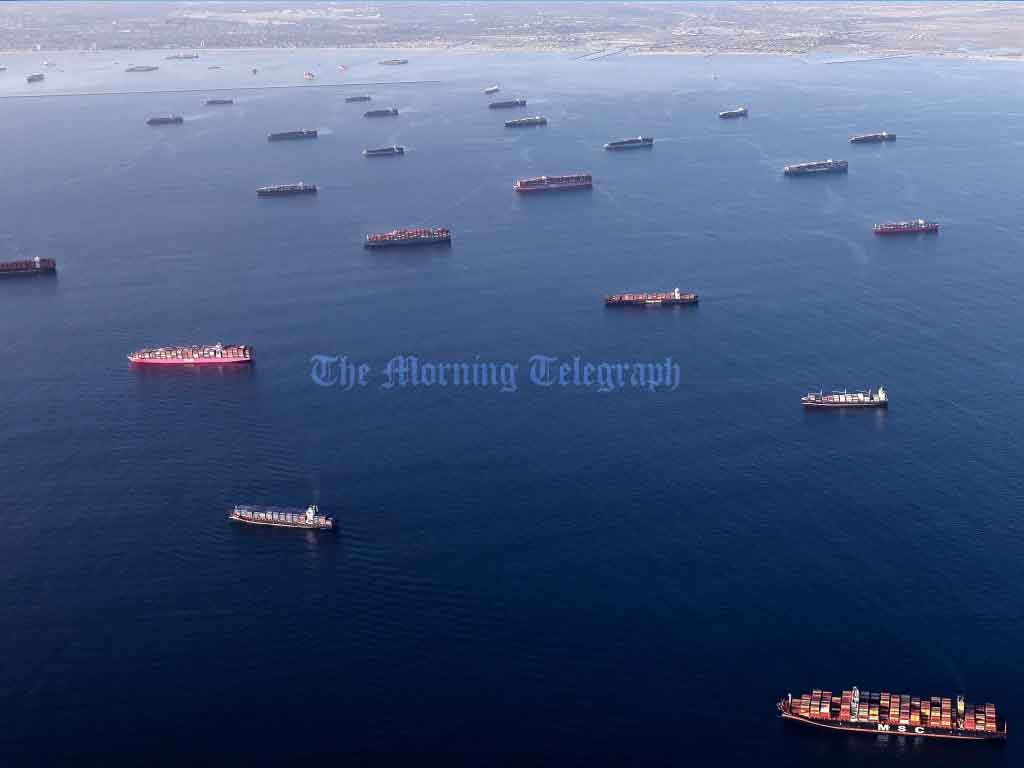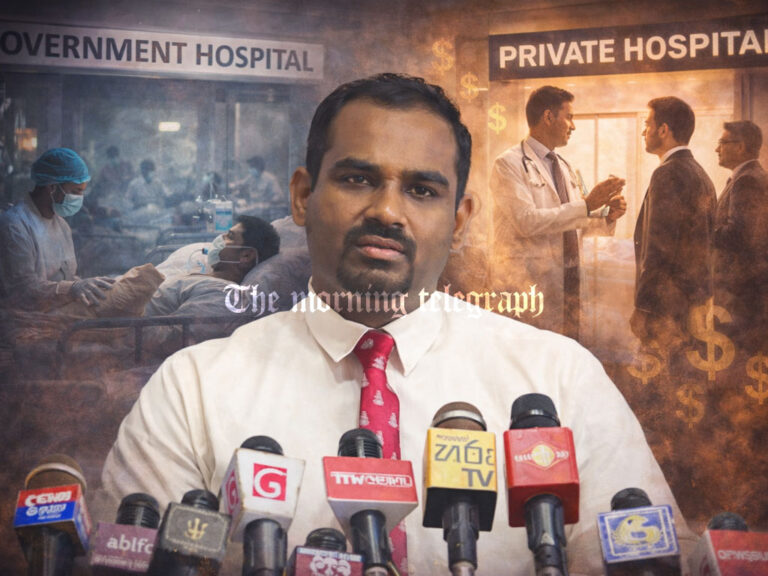
Efforts to address severe container congestion at Colombo Port are underway, with key stakeholders, including Sri Lanka Customs, agreeing to work around the clock to clear the backlog. Minister of Transport and Highways, Ports and Civil Aviation Bimal Ratnayake announced that the issue will be resolved within the next ten days.
The crisis has already led to thirty ships turning back over the past two weeks. Minister Ratnayake criticized the lack of preventive measures taken over the past four to five years, suggesting that the current situation could have been avoided with better planning.
President Anura Kumara Dissanayake convened a high-level discussion with Sri Lanka Customs and port-related service associations to address the issue. During the meeting, he emphasized the importance of collaborative efforts and outlined the need for short-term, medium-term, and long-term solutions to develop the port sector.
The President directed officials to clear imported containers within four days and urged both public and private sectors to work together. As an immediate measure, Sri Lanka Customs officers have agreed to operate 24/7 to expedite container clearance.
To mitigate the congestion, additional storage space has been allocated at the Unity Container Terminal (UCT). Five acres of land in the Bloemendaal area will be used, with two acres becoming available by January 31 and the rest by February 28.
The government has also identified the deliberate stopping of container trucks at port terminals as a major cause of congestion. To address this, land in the Peliyagoda area has been allocated for parking container trucks.
Delays caused by the Sri Lanka Standards Institution, the Food Commissioner’s Department, and the Plant Quarantine Division were also discussed. The President instructed that vacancies in these institutions be filled promptly and welfare allowances for employees be increased.
Private associations raised concerns about forensic clerks not reporting to duty on time. Minister Ratnayake affirmed that private institutions must ensure their employees’ punctuality.
The free storage period for container clearance at the port will be reduced to two days, with plans to further cut it to one day after June 2025. Additionally, importers must obtain certificates from foreign laboratories for food-related products, with the government vowing to take strict action against any irregularities.
Port service providers requested police protection for container trucks parked on roads, citing security concerns. The government has assured that this emergency process will continue until June 30, with all stakeholders working as a unified team to resolve the crisis and improve operational efficiency at Colombo Port.




